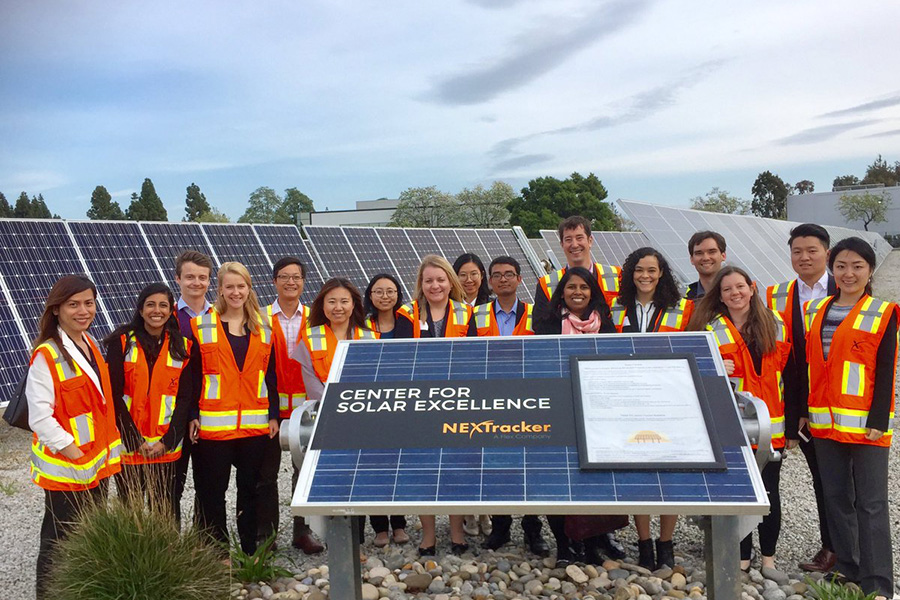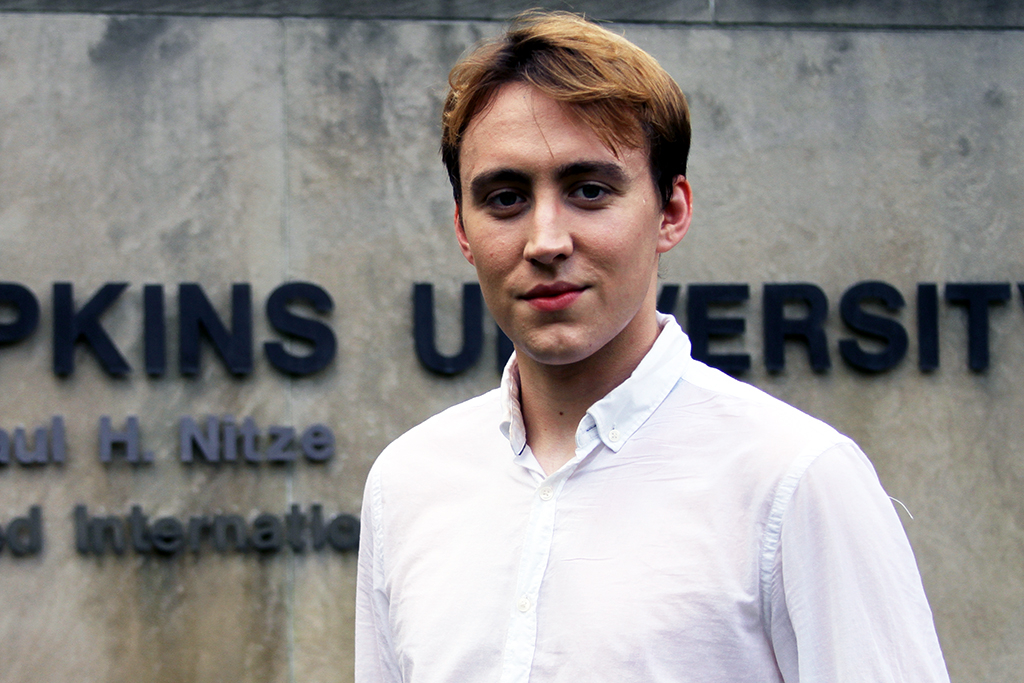Certificate in International Studies
Program Overview
The Certificate in International Studies allows you to design your own curriculum to either focus your studies in a particular policy area, region of the world or experience a broader overview of international relations
Program Duration
You will have the option to complete the four-course certificate either full-time or part-time. Accelerated certificate students enroll full-time in the fall or spring and complete all four courses in one semester. Part-time certificate students can enroll in the fall, spring, or summer term and can complete the four courses in any time frame.
Requirements
- Theories of International Relations or World Order and Disorder
- 3 electives from any area of study in the course catalog (excluding language courses)

